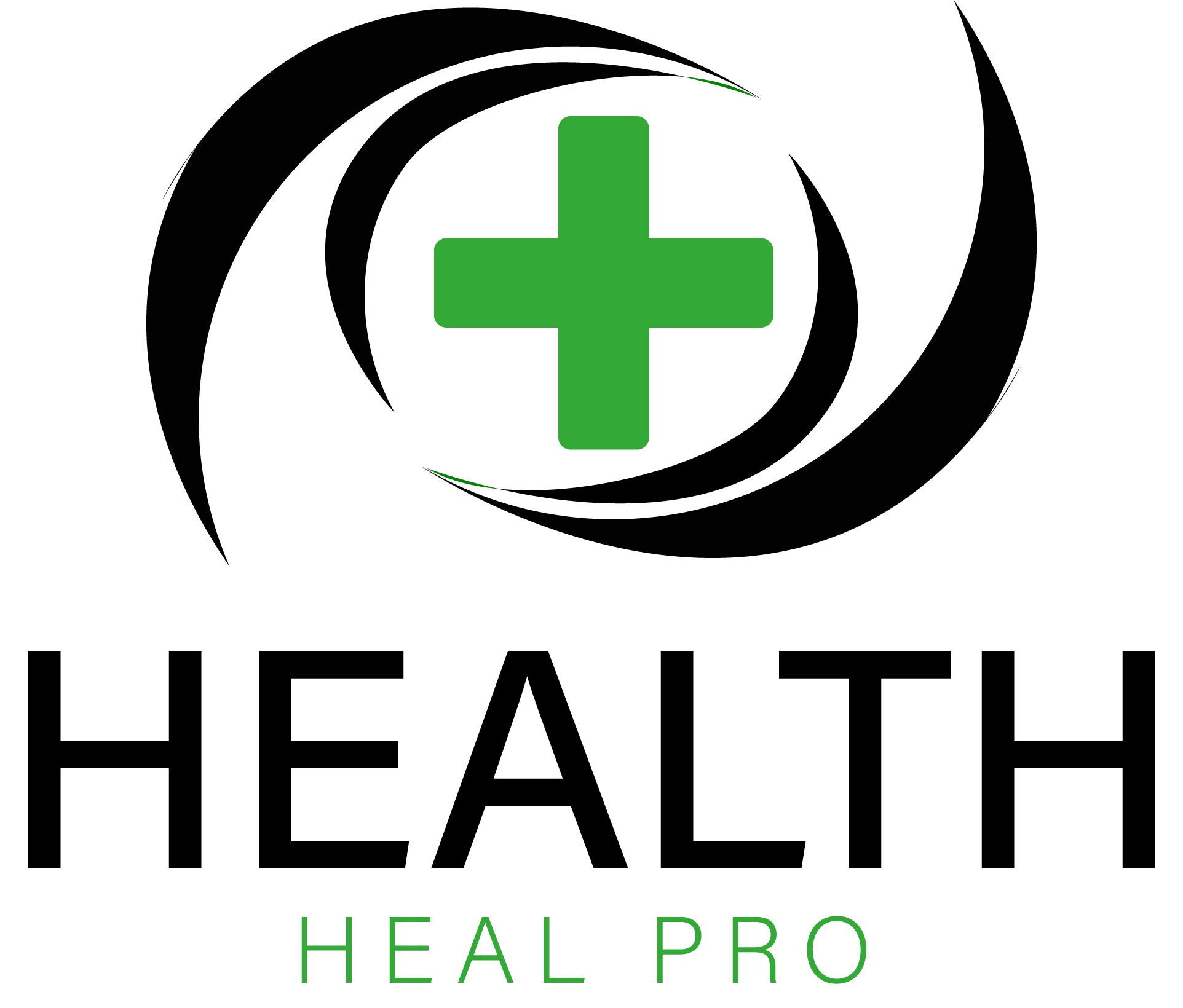It’s possible to get irritants in and around our eyes sometimes. While we hope it doesn’t happen often, it can be an occasional occurrence. Any number of things can cause this aggravation, such as: lack of sleep, pollutants, or even over-use. Typically, optical irritants are not serious conditions; however, it is always best to first seek medical attention. Once you determine that your annoyance isn’t so serious, but some sort of irritation that is causing redness, itching, or swelling, you can go to your local pharmacy and obtain some sort of eye drop or ointment. The difficult question then becomes, ‘How do you know what to choose?’ There are numerous ointments and eye drops available for relief to countless symptoms of most optical problems out there. Of course the particular type of treatment you need will depend primarily on the eye condition you currently have. Let’s discuss some of the main symptoms in order to help you determine what type of antidote to use.
Dry eyes can be very annoying, but can often be the underlying problem when your eyes are irritating you. If you’re suffering from dry eyes, you will likely want to check out some kind of lubricating eye drops – also popularly referred to as “artificial tears”. These artificial tears can often help when your eyes are suffering from excessive wind exposure or computer eye strain, etc. The rest of the symptoms may be from many other problems, but it’s important to note that many may actually be sourced back to simply dry eyes.
When dealing with redness, you are likely to need a bottle of “decongestant” eye drops (sometimes called “whitening eye drops”. Decongestant eye drops contain vasoconstrictors that condense the tiny blood vessels on the white part of your eyes, and therefore can get rid of red eyes. Allergies can also cause problems with our eyes. Like with most allergy attacks, you would likely need an “antihistamine”, which is available in eye drops as well. If your eyes are producing actual discharge, or over-soreness/swelling, it may just be dry eyes or allergies, or it could be more serious – like an eye infection. If you’ve already tried the above options, contact your eye doctor to receive antibiotic eye drops. One last thing that often requires eye drops are contact lenses. Contacts call for rewetting drops that are a bit different than regular “artificial tears”, and are specifically made in relation to contact lenses.
When you use any kind of corrective eyewear, like prescription glasses or contact lenses, it’s doubly important that you understand what is going on with your eyes. Particularly, for instance, if you’re dealing with red, itchy eyes, it is most likely best to immediately stop wearing contacts. Glasses frames can at least alleviate any possibility of spreading the infection back and forth to the eye. If your eyes already have vision problems, it is probably best to see your eye doctor for the quickest possible diagnosis.

